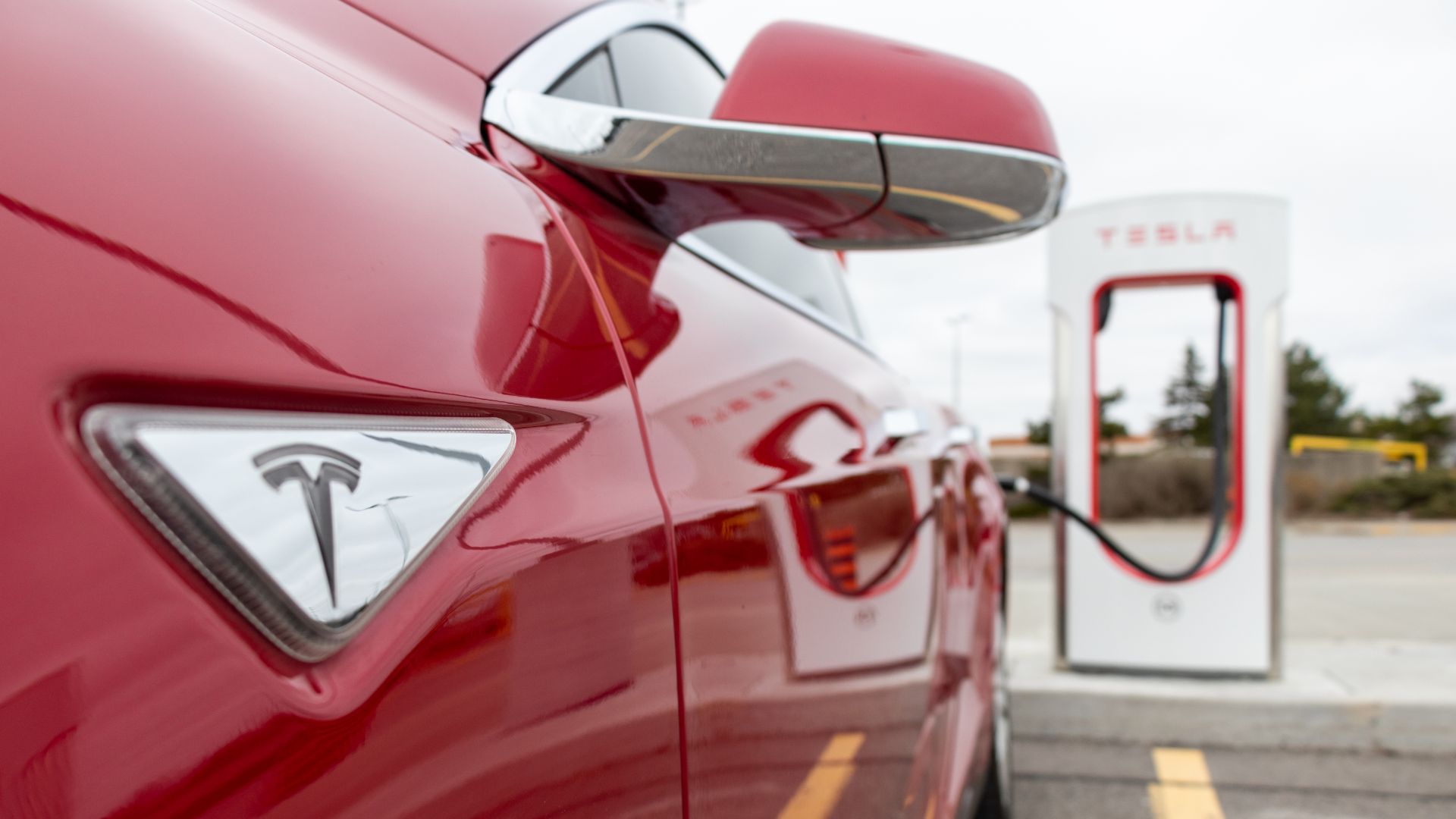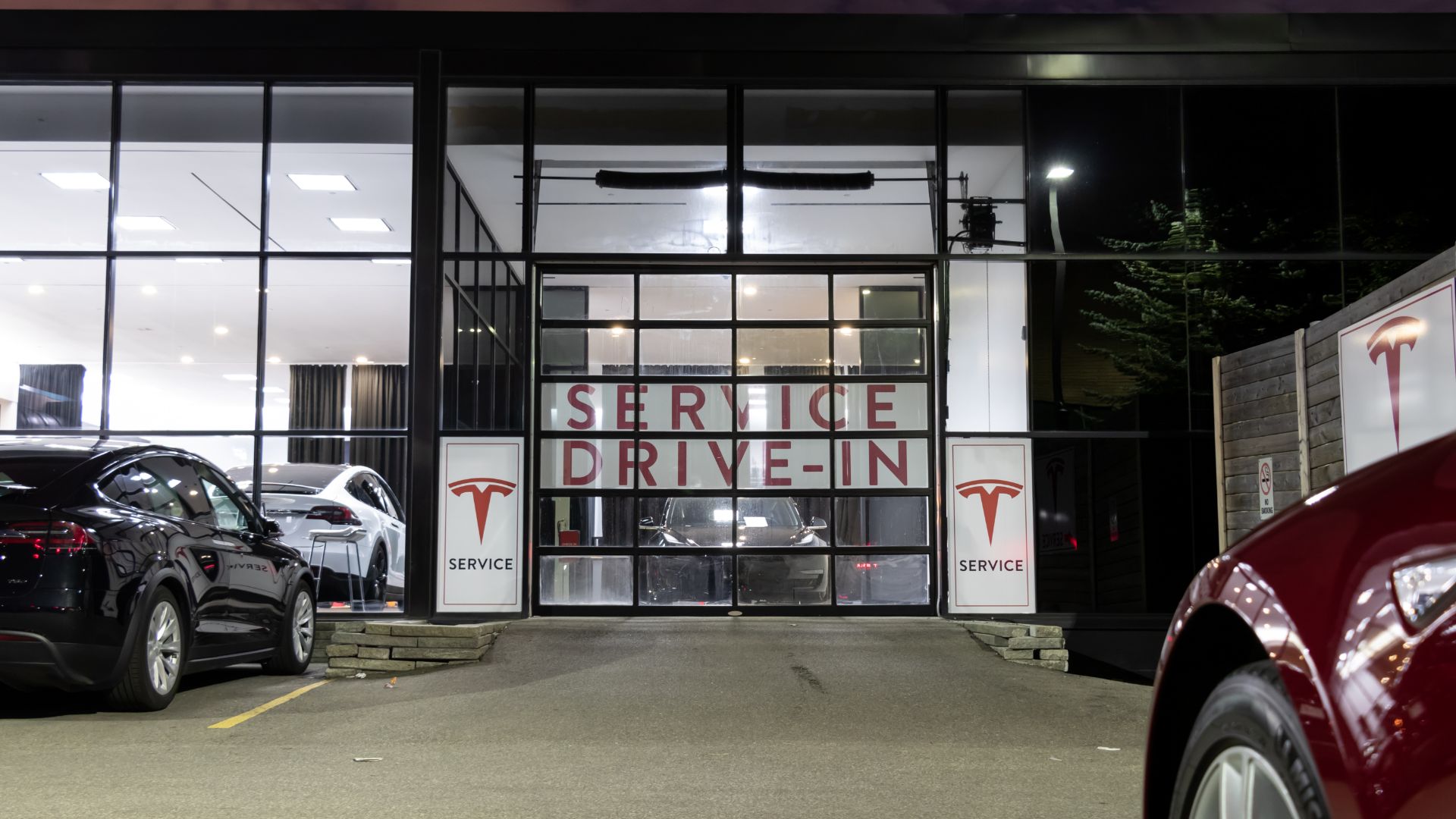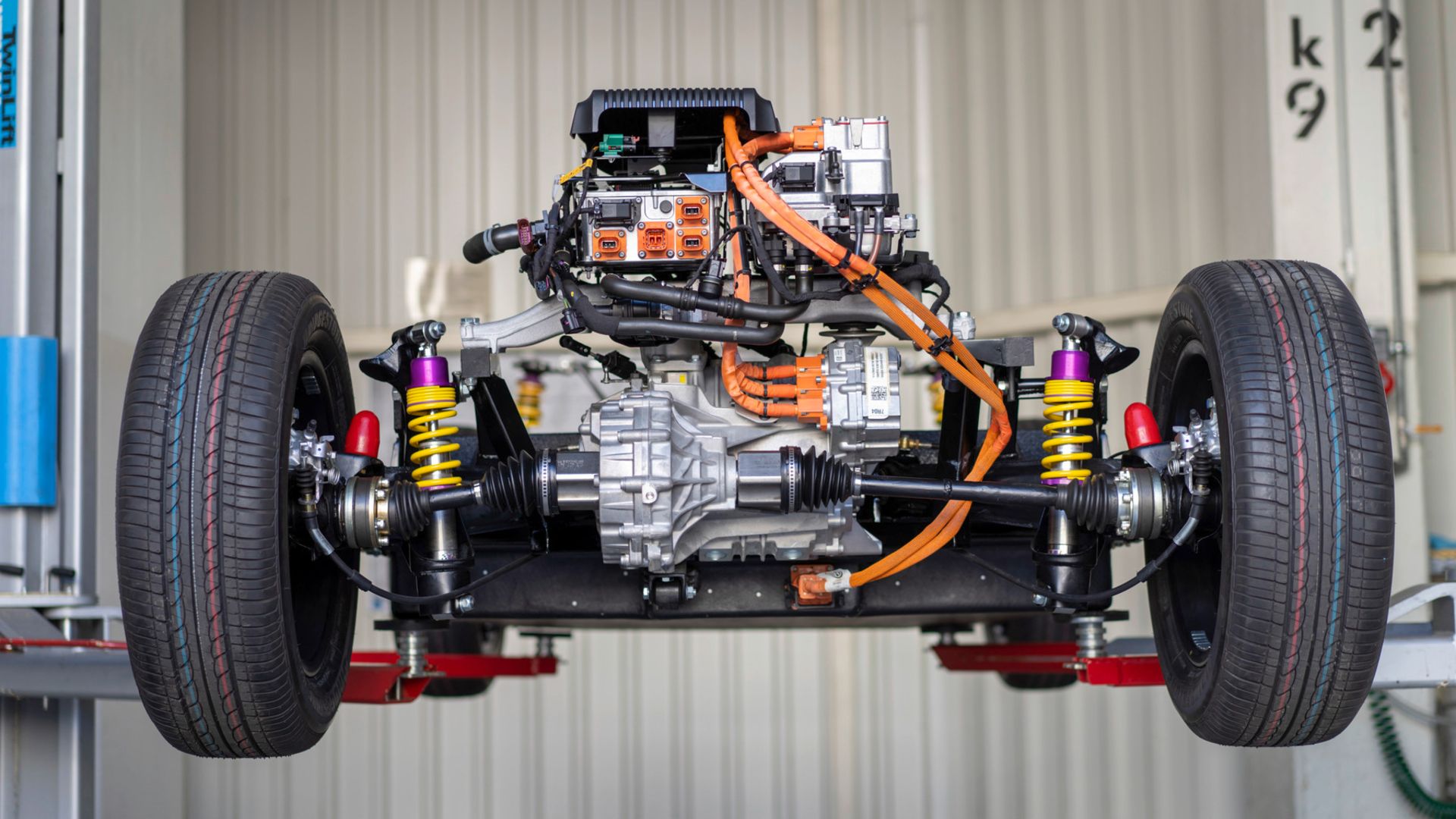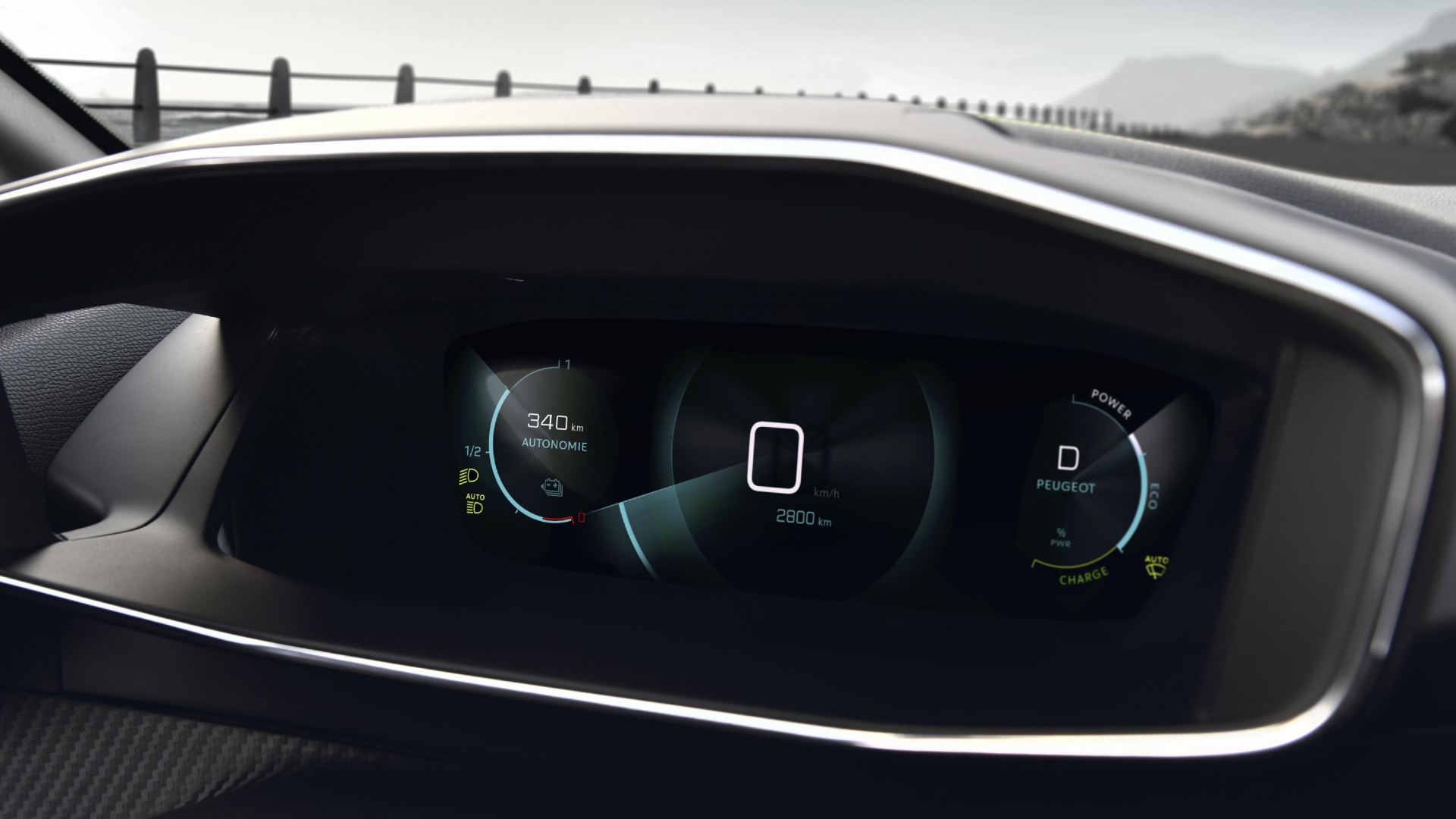
Sales of electric cars rocketed 186 percent in 2020, to nearly seven percent of all new car sales. And as EVs become more popular, many people have questions about maintaining them
Obviously, there are no oil changes, spark plugs or fuel filters to worry about. Nor indeed an exhaust emissions test.
So what exactly does servicing an EV involve? And will it be cheaper than a conventional petrol or diesel car?
Electric car servicing costs

Powertrain maintenance should, in theory, cost much less for an EV than a combustion car – simply because there is less work and fewer parts involved.
We looked at market leader Tesla’s website, which lists the following procedures under ‘recommended maintenance service’:
- Cabin air filter (every two years)
- High-efficiency particulate air filter (every three years)
- Brake fluid test (every two years)
- Air conditioning (between two and six years, depending on model)
- Brake calipers (every 12 months or 12,500 miles in cold weather regions)
It also says these checks are non-essential, even for maintaining the warranty. If there’s an issue with a car, Tesla can flag it up remotely and prompt maintenance as and when needed.
Car servicing website ClickMechanic highlights that electric car brakes usually last longer, too. That’s because regenerative braking, used to harvest deceleration energy and top up the batteries, saves on disc and pad wear.

Electric car maintenance essentials
- Tyres
- Brakes
- Lights
- Wipers
- Wheel alignment/tracking
- Suspension
- Cabin filtration
What electric cars don’t need
- Oil changes
- Spark plugs
- Belt changes
- Coolant changes
- Air filters
- Transmission oil changes
What about electric car batteries?

Here’s the big question for many people. The reality is that EV batteries seem to be holding up well. The battery and drive unit in Teslas is warrantied for eight years or at least 100,000 miles. Kia also applies its famous seven-year/100,000 warranty to both electric cars (such as the e-Niro) and their batteries.
For the Tesla Model 3 – now one of the UK’s best-selling cars – Tesla claims a minimum of 70 percent battery capacity retention over that same period.
Early Nissan Leaf owners, some of whom bought their cars nearly 10 years ago, are reporting more than 90 percent battery capacity retention.
This 10 percent shortfall in performance isn’t too dissimilar from what you might expect from a petrol engine after a decade of use.
ALSO READ:
Electric car owners braced for ‘poll tax on wheels’
[…] do not need to change the oil, transmission fluid, spark plugs, fuel filters, or drive belts with an EV. This can result in significant savings, especially as cars […]